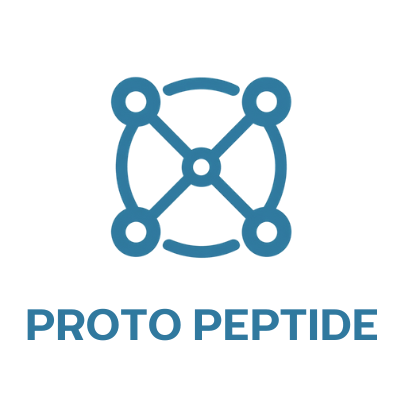TB500 (Thymosin B4 Acetate) and Tendon Research
TB500 (Thymosin B4 Acetate) has shown promising results in studies investigating tendon healing. Its ability to promote cellular migration and tissue repair makes it a popular peptide for laboratory research on connective tissue regeneration.
Mechanism in Tendon Healing
TB500 enhances fibroblast activity and angiogenesis in damaged tendon tissue. These effects accelerate structural repair, reduce inflammation, and improve flexibility and tensile strength in experimental models.
Research Applications
- Studying recovery from tendon injuries in controlled laboratory settings
- Examining peptide-based therapies for tendon degeneration
- Evaluating combined treatments with peptides like BPC-157 for enhanced healing outcomes
Combination Peptide Studies
TB500 is often included in combination peptide research, such as GHK-CU + TB500 + BPC157, to explore synergistic effects on tendon repair, inflammation reduction, and tissue regeneration. Here at ProtoPeptide, and our products are supported by independent lab testing. Our focus is on precision and reliability, giving Canadian researchers peace of mind. All peptides are for research use only and handled under strict quality assurance. We also make it easy by offering bundle options to simplify your lab setup.
Conclusion
Researchers studying tendon injuries and repair can utilize TB500 to explore advanced tissue regeneration mechanisms and develop potential therapeutic applications for connective tissue healing.
Disclaimer
This content is for informational and research-related purposes only. The peptides mentioned in this article are intended strictly for use in controlled laboratory settings by qualified professionals. It is not approved for human or veterinary use. Always follow your institution’s guidelines and consult safety data sheets (SDS) before handling any research chemical.
